Man Who Laid The Egg
$10.99
12 Chapters
Additional Info
“Erasmus laid the egg that Luther hatched” is what the people say. And that makes young Gerhard Koestler smile. He knows that Erasmus has influenced Luther’s thinking. He also believes both men are trying to serve God according to the Scriptures. Young Gerhard Koestler lives in Germany in the 1500s. He inherits money and a castle when his rich parents die. His Uncle Frederic tries to talk Gerhard into becoming a monk so Frederic can claim the inheritance for his own. But Gerhard has other ideas. After a series of adventures and narrow escapes, Gerhard arrives in Basel, Switzerland. To his delight he is able to live in the same house as Erasmus. Although Erasmus’ enemies accuse him of agreeing with Martin Luther, Erasmus says that the Bible is his guide. In the end, Gerhard returns to his castle. Not sure whether he wants to be know as a Catholic or a Lutheran, Gerhard returns to his castle. Not sure whether he wants to be known as a Catholic or a Lutheran, Gerhard says, “Call me a Christian.” No other name is necessary.
in stock within 3-5 days of online purchase
SKU (ISBN): 9780836118285
ISBN10: 0836118286
Louise Vernon | Illustrator: Allan Eitzen
Binding: Trade Paper
Published: May 2007
Louise A. Vernons Religious Heritage Series
Publisher: Herald Press/MennoMedia
Print On Demand Product
Related products
-
And The Two Became One Journal
$16.50HARDCOVER, COPTIC BOUND JOURNAL: Allows book to lay completely open when flat for ease of use
192-LINED PAGES: Journal measures 6.5 x 8.5 x 0.75-inches
BECOME ONE: White with gold foil print; reads “And the two shall become one”
INCLUDES 8 ALTERNATING PHRASES: Each page has a different message about marriage, relationships and love
Add to cartin stock within 3-5 days of online purchase
-
Hollywood Commandments : A Spiritual Guide To Secular Success
$25.99DeVon Franklin, New York Times bestselling author of The Wait and prominent Hollywood producer, reveals that secular and spiritual success are not opposites. To have one, you need the other.
You can be wildly successful without losing your faith. In fact, your secular success will strengthen your faith if you allow it. Too often we believe that success in secular environments contradicts the core principles of faith, but the opposite is true: Your faith was designed to thrive in the secular world and to transform it as a result. You may never experience the true fulfillment you were created for until you pursue the secular ambitions in your heart.
New York Times bestselling author DeVon Franklin knows this to be true. In The Hollywood Commandments, the prominent Hollywood producer and spiritual success coach reveals 10 life-changing lessons picked-up from his over-twenty-year career in the entertainment business. You won’t learn these lessons in the church yet they will help you achieve an amazing life and thriving career that glorifies God. The Hollywood Commandments will help you:
–Identify how to use what makes you unique to propel your career.
–Overcome fear and build the courage to pursue new opportunities waiting for you.
–Gain the confidence to make important life decisions with greater peace and clarity.
–Negotiate the life and career advancement you deserve.No, you don’t have to work in Hollywood for this book to work for you, these “commandments” apply to every walk of life! If you are stuck, looking for the secrets to advance your career, or have a feeling there’s more to life, this book is for you.
Add to cart1 in stock
-
7 Last Words
$18.99Based on his talks at New York’s St. Patrick’s Cathedral on Good Friday 2015, the New York Times bestselling author and editor at large of America magazine offers a portrait of Jesus, using his last words on the cross to reveal how deeply he understood our predicaments, what it means to be fully human, and why we can turn to Christ completely, in mind, heart, and soul.
Each meditation is dedicated to one of the seven sayings:
*”Father, forgive them, for they do not know what they do.”
*”Today you will be with me in Paradise.”
*”Woman, this is your son” . . . “This is your mother.”?
*”My God, my God, why have you forsaken me?”?
*”I thirst.”?
*”It is finished.”?
*”Father, into your hands I commend my spirit.”With the warmth, wisdom, and grace that infuse his works, Father James Martin explains why Jesus’s crucifixion and death on the cross is an important teaching moment in the Gospels. Jesus’s final statements, words that are deeply cherished by his followers, exemplify the depth of his suffering but also provide a key to his empathy and why we can connect with him so deeply.
Add to cart1 in stock
-
Mere Christianity
$17.99Arguably the 20th century’s most influential Christian writer, C.S. Lewis sought to explain and defend the beliefs that nearly all Christians at all times hold in common. His simple yet deeply profound classic, originally delivered as a series of radio broadcasts, is a book to be thoroughly digested by believers and generously shared with skeptics. Paperback with French f laps and deckled page edges.
Add to cartin stock within 3-5 days of online purchase

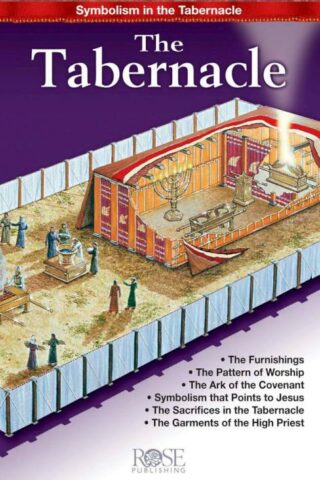



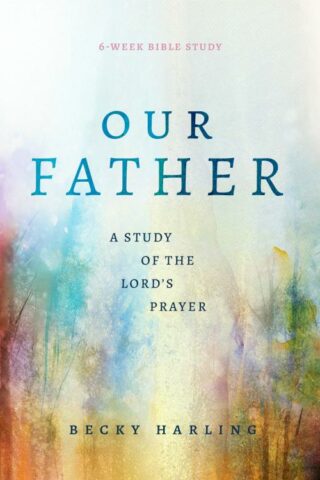
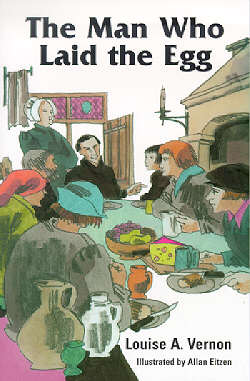


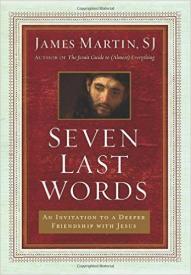



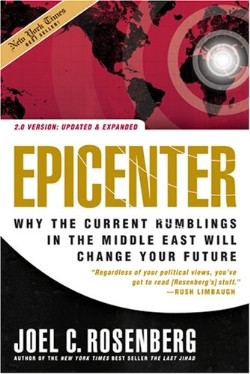
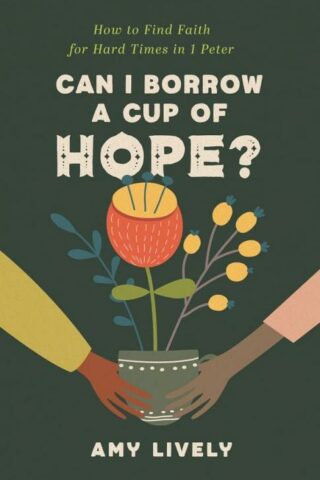

Reviews
There are no reviews yet.